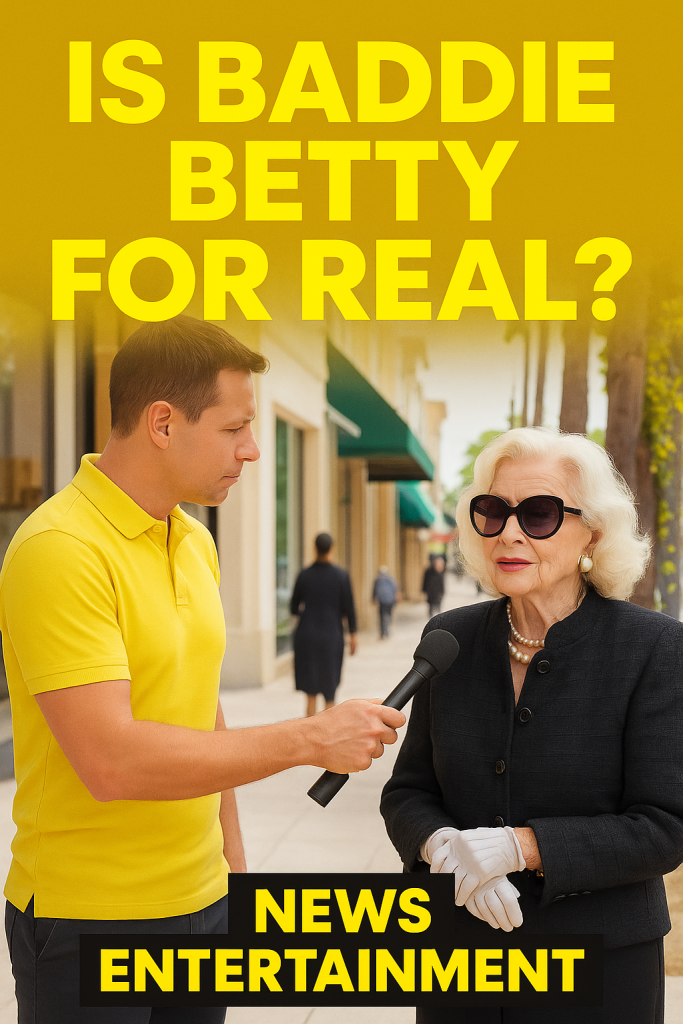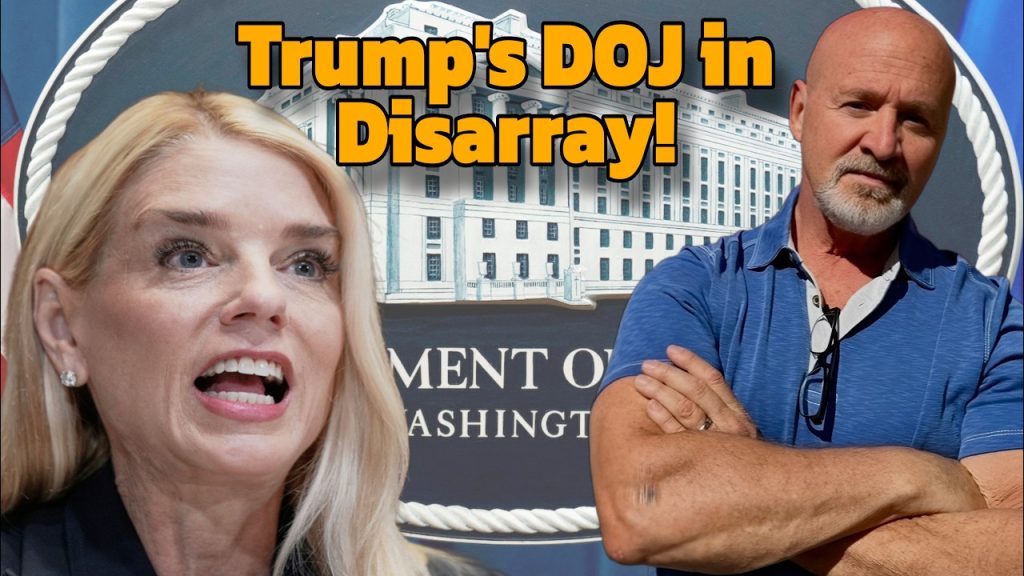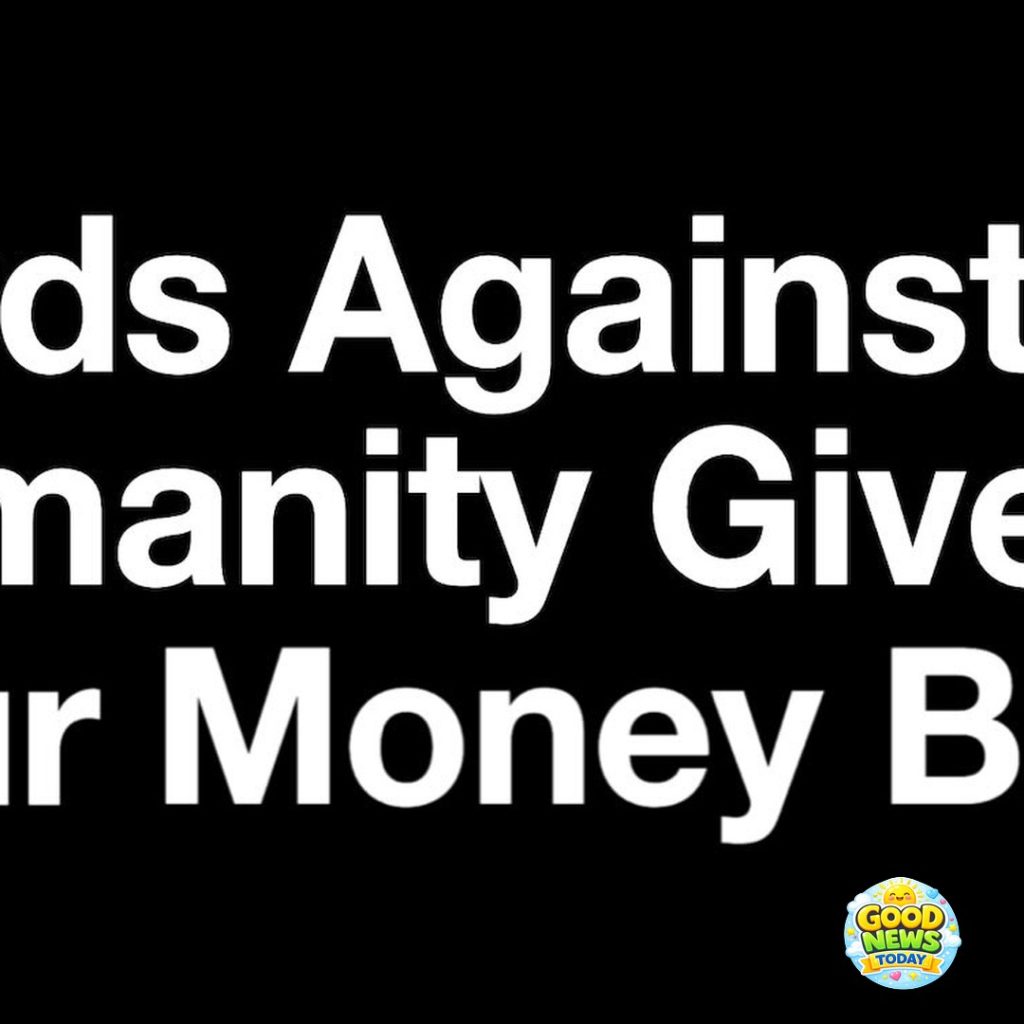In the sprawling world of online dating advice, few names have ascended as quickly as Baddie Betty. Lauded as the internet’s newest dating guru, Betty has amassed a dedicated following on social media platforms with her bold, no-nonsense tips aimed primarily at young women navigating the complexities of modern romance. But as her popularity skyrockets, a growing number of critics and followers are asking a critical question: Is Baddie Betty genuinely helping her audience, or is she playing everyone?
The 26-year-old influencer initially gained attention with her candid, empowering posts encouraging women to prioritize self-worth and maintain control in relationships. Her catchphrases and viral clips provide sharp tactics for identifying red flags and asserting boundaries, earning her the coveted label of “dating guru.” Her advice videos regularly rack up millions of views, while her personalized coaching services reportedly command premium fees. However, the surge in her influence has not come without controversy.
Recent reports indicate several former clients and followers have voiced frustration over alleged inconsistencies between Betty’s public persona and her behind-the-scenes actions. Some accusers claim that her advice often encourages manipulative tactics that may lead to emotional distress rather than genuine connection. Others allege that Betty’s approach fuels transactional views on romance, reducing dating to a game of power moves rather than mutual respect.
These criticisms have intensified following leaks of private conversations in which Betty seemingly admits to using her influence to benefit financially from paid coaching and partnerships — sometimes at the expense of followers’ emotional wellbeing. While Betty’s camp denies these allegations, insisting her goal is to empower and educate, skepticism continues to mount.
A particularly viral incident involved a well-known content creator who shared a detailed account of a paid coaching session with Betty. The individual described feeling misled, claiming the session was more focused on upselling additional services rather than providing meaningful guidance. This account prompted widespread debate online about the ethics of monetizing intimate advice and the responsibility influencers bear when shaping people’s dating lives.
Supporters argue that Baddie Betty’s raw, unapologetic style fills a void left by more traditional, often sanitized dating advice. They credit her with boosting confidence and encouraging women to demand respect in their relationships. Yet, experts warn that rushing to emulate viral “dating hacks” without critical thought can exacerbate insecurities and lead to unhealthy relational patterns.
Psychologists specializing in relationship dynamics emphasize the importance of nuance and emotional intelligence over packaged advice. They caution that influencers like Betty wield significant power and must consider the psychological impact of their messaging. “Dating advice that simplifies human connection into manipulation tactics risks harming vulnerable audiences,” said one expert. “Authenticity and empathy should be at the core of any advice shared.”
Meanwhile, Baddie Betty remains active across her channels, posting new content and responding selectively to critiques. Whether she is a genuine mentor helping millions or a savvy self-promoter exploiting the vulnerabilities of digital romantics is a debate that continues to unfold.
As the digital dating landscape evolves, Betty’s story highlights a larger conversation about influencers’ accountability and the fine line between empowerment and manipulation. For the millions scrolling for love in the age of algorithms, it’s a reminder to approach all advice — no matter how charismatic the messenger — with both enthusiasm and caution.



